Letter to Shareholders
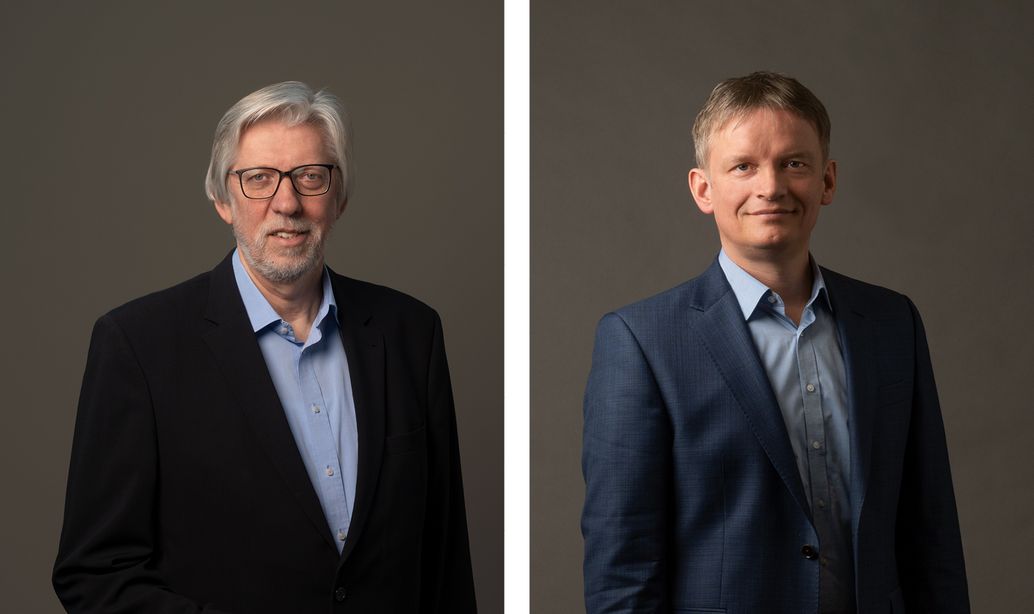
Chairman, Meyer Burger Technology AG
Chief Executive Officer, Meyer Burger Technology AG
Dear Shareholders
2020 is the year in which the new Meyer Burger came into being. In June, the Board of Directors decided that we should transform ourselves from a supplier of production equipment to a technologically leading manufacturer of solar cells and solar modules, keeping the heterojunction and SmartWire Connection technologies (SWCT®) exclusively for our own use. The company thus benefits in the long term from the technological and cost leadership based on its patent-protected cutting-edge technology. This new business model is significantly expanding the value chain and is scalable with the solar market, which is experiencing strong growth worldwide.
All projects on track
At the extraordinary General Meeting on 10 July 2020, shareholders approved an ordinary capital increase with targeted gross proceeds of CHF 165 million, giving the go for the realignment. The Board of Directors and the Executive Board announced plans to start production in the second quarter of 2021 with an annual capacity of 400 MW each of solar cells and solar modules.
At the beginning of March 2021, we can state with satisfaction that we are on track with all the projects necessary for successful implementation. The cell factory and the module factory will open on schedule at the end of May. In Bitterfeld-Wolfen, Meyer Burger will use its most advanced production machinery to manufacture highly efficient solar cells. In Freiberg, the largest and most modern plant of its kind in Europe will start operating, equipped with highly automated module production lines.
Customer interest is high; the first framework agreements have been signed with well-known customers. The sales organization is growing, as we have been able to recruit experienced sales professionals in many European countries – and the USA. For the first phase, we need a total of about 350 employees for all areas – more than thousand applications have been received so far. Fortunately, a large number of employees at the current Hohenstein-Ernstthal location are willing to move to the new sites. As we will have to reduce personnel there, this will significantly reduce the restructuring measures.
This new business model is significantly expanding the value chain and is scalable with the growing solar market.”
Due to the realignment, sales from the old business model declined to CHF 90.5 million. In addition, divestments led to a further income of CHF 11.8 million. Fortunately, a gross profit margin of CHF 37.9 million or 41.8% was achieved. However, the operating costs in the past year of transformation were no longer in line with sales, resulting in an EBITDA of CHF –44.6 million. Regular depreciation, specific value adjustments on assets no longer in use, the financial result and a loss from investments in associated companies contributed to the annual result of CHF –64.5 million.
The balance sheet structure was stabilized by the capital increase in July 2020. It forms a solid foundation for the transformation. The equity ratio is 87.5%. Net debt is now strongly positive due to the repayment of the convertible bond of CHF 26.8 million and the disposal of the outstanding mortgage. Meyer Burger has no significant outstanding debt financing for the period, which may change again in the context of expanding the new business model. In 2020, Meyer Burger reported reduced net working capital of CHF 48.9 million, reflecting the decline in production and sales activities. Due to initial investments in the cell and module production, property, plant and equipment increased to CHF 38.1 million.
Customer interest is high; the first framework agreements have been signed with well-known customers.”
Considerable market potential
Solar energy is a steadily growing global market and, in the long term, the cheapest of all renewable forms of electricity generation – as well as ecologically necessary. Meyer Burger’s premium products help to achieve permanently higher yields in energy generation compared to the photovoltaic products available on the market.
The European Green Deal, the election of Joe Biden as President of the USA, and the realignment of the economy after the corona pandemic are a global boon to the solar industry. It was therefore not unexpected that the public sector pledged up to 22.5 million euros so far for the development of our environmentally friendly solar cell production – 15 million euros of environmental aid alone came from the state of Saxony-Anhalt and the Federal Republic of Germany.
Impressions of the new production sites
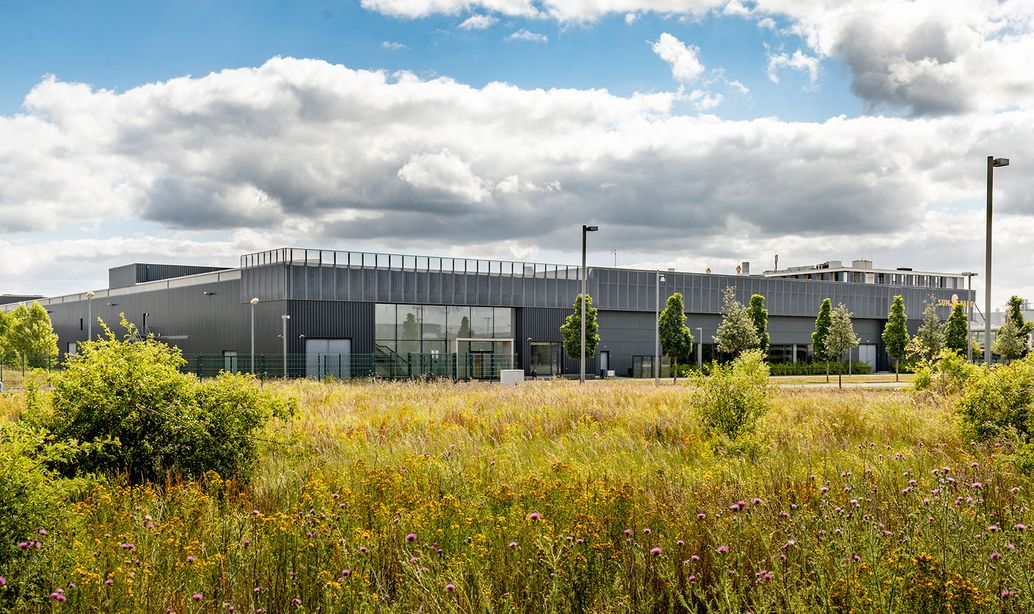
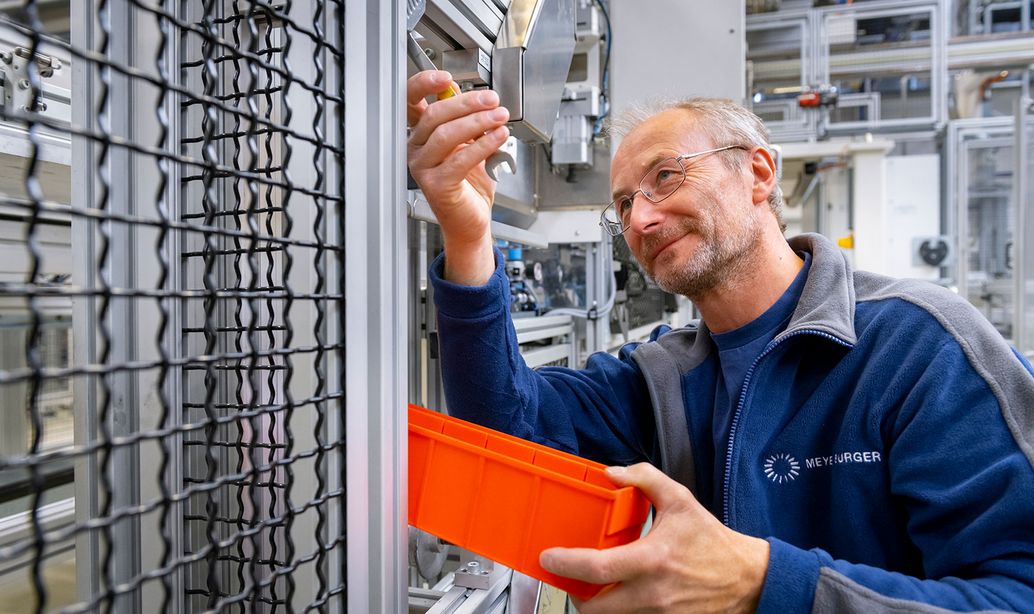
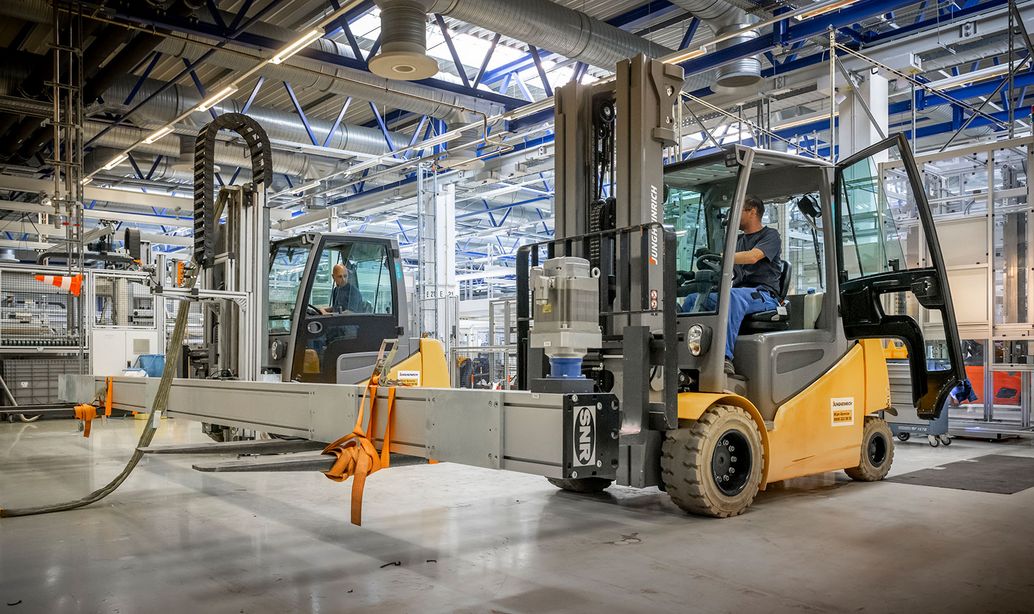
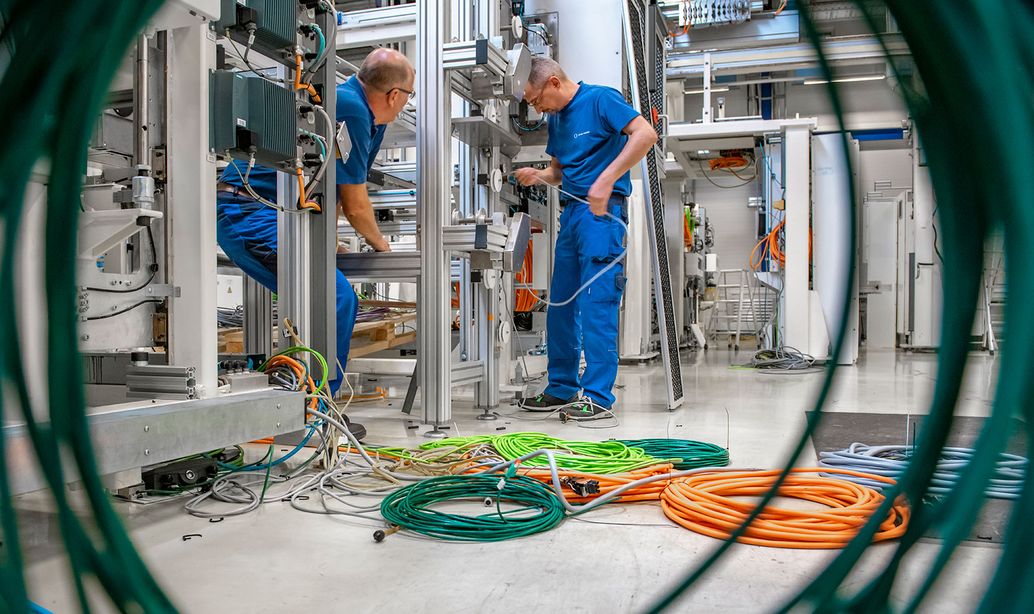
Thanks
2020 was a challenging year. The Board of Directors and the Executive Board would like to thank all employees for their willingness to support Meyer Burger’s new strategy and – each in his or her own position – to actively help turn the plans into reality. A great compliment for this.
Last but not least, we would like to thank you, our shareholders. You have placed your trust in us during a difficult phase and invested in Meyer Burger’s new business model. We are not quite there yet. But we are confident that this year we will achieve the goals that we have set.
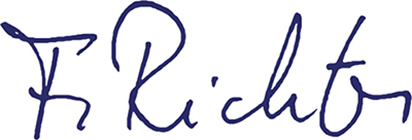
Franz Richter
Chairman
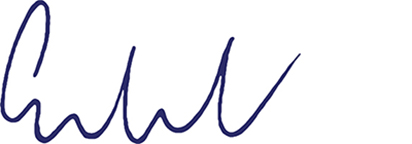
Gunter Erfurt
Chief Executive Officer